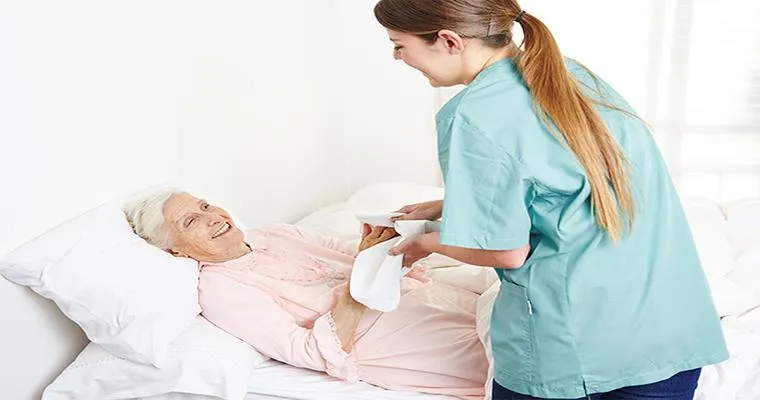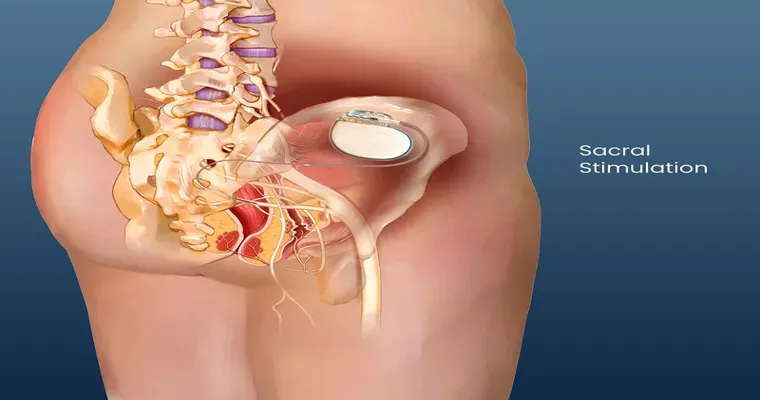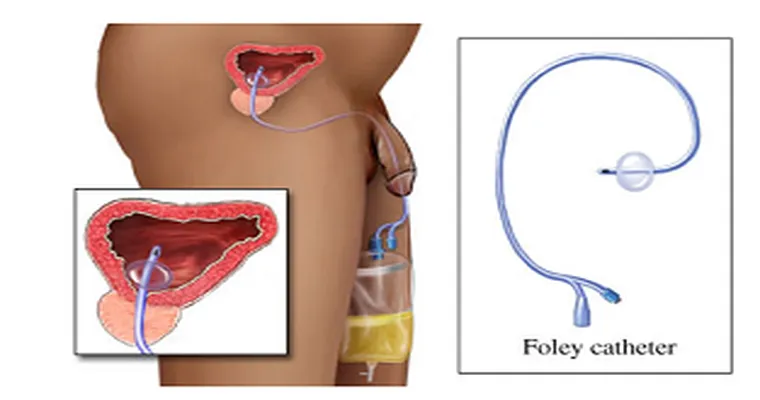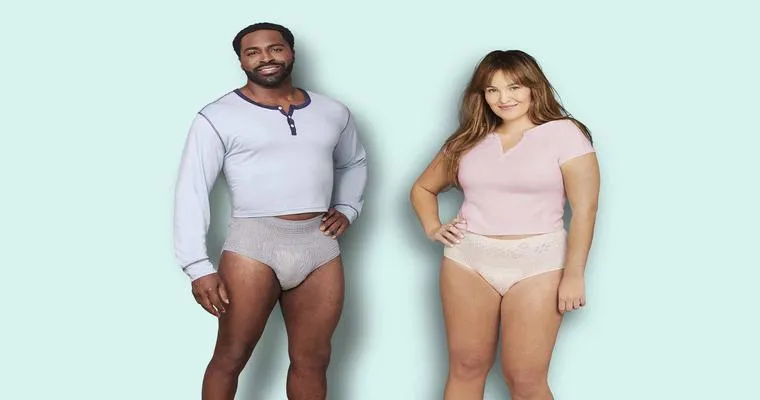Caring for a "bedridden grandmother with dementia" can present numerous challenges, one of which is the issue of "urinary retention". It is not uncommon for individuals with dementia to have difficulty recognizing the need to urinate, leading to the uncomfortable situation of holding their urine. This can cause not only physical discomfort but also potential health risks, including urinary tract infections. Therefore, it is crucial to explore effective strategies to encourage regular bathroom use and ensure her comfort and well-being.
Understanding the Issue
First, it is important to understand why a "bedridden individual" might hold their urine. People with dementia may experience confusion, forgetfulness, or difficulty communicating their needs. They might not remember to ask for help or may feel embarrassed about needing assistance. Additionally, physical limitations may make it challenging for them to get to the bathroom in time.
Establish a Routine
Creating a consistent "toileting schedule" can be beneficial. Encourage her to use the bathroom at regular intervals, such as every two hours. This routine can help her recognize when it is time to go, even if she is not feeling the urge. Keeping a calendar or a reminder system can aid in establishing this routine.
Encourage Fluid Intake
Ensuring that your grandmother stays hydrated is essential, but it is equally important to monitor her fluid intake. Offering her drinks at regular intervals can help stimulate her bladder. Choose fluids that are appealing to her, such as flavored water, herbal teas, or clear broths. This can not only provide hydration but also encourage her to use the bathroom more frequently.
Create a Comfortable Environment
Make the bathroom easily accessible and comfortable for her. Consider installing grab bars and a raised toilet seat to make the process easier and safer. If possible, ensure that her favorite items, such as pictures or decorations, are nearby to create a familiar and comforting atmosphere.
Use Positive Reinforcement
Praise and encouragement can go a long way. When your grandmother successfully uses the bathroom, offer positive reinforcement. This could be verbal praise or small rewards that can motivate her to continue using the toilet regularly.
Engage in Gentle Stimulation Techniques
Gentle stimulation techniques can help encourage urination. For instance, playing relaxing music or using calming scents can create a soothing environment that may trigger the urge to go. Additionally, gentle hand massages or light abdominal rubs can help stimulate the bladder.
Consult Healthcare Professionals
If your grandmother continues to hold her urine despite your best efforts, it may be wise to consult with her healthcare provider. A doctor can assess her condition and recommend appropriate treatments or interventions to address the issue. They may suggest medications or therapies that can assist with her urinary health.
Conclusion
Caring for a "bedridden grandmother with dementia" presents unique challenges, particularly when it comes to managing urinary health. By establishing a routine, encouraging fluid intake, creating a comfortable environment, and using positive reinforcement, you can help stimulate her to use the bathroom regularly. Always remember that patience and understanding are key in this journey, and do not hesitate to seek professional guidance when needed. Your grandmother’s comfort and dignity are paramount, and with the right approach, you can help her navigate this aspect of her care more effectively.





